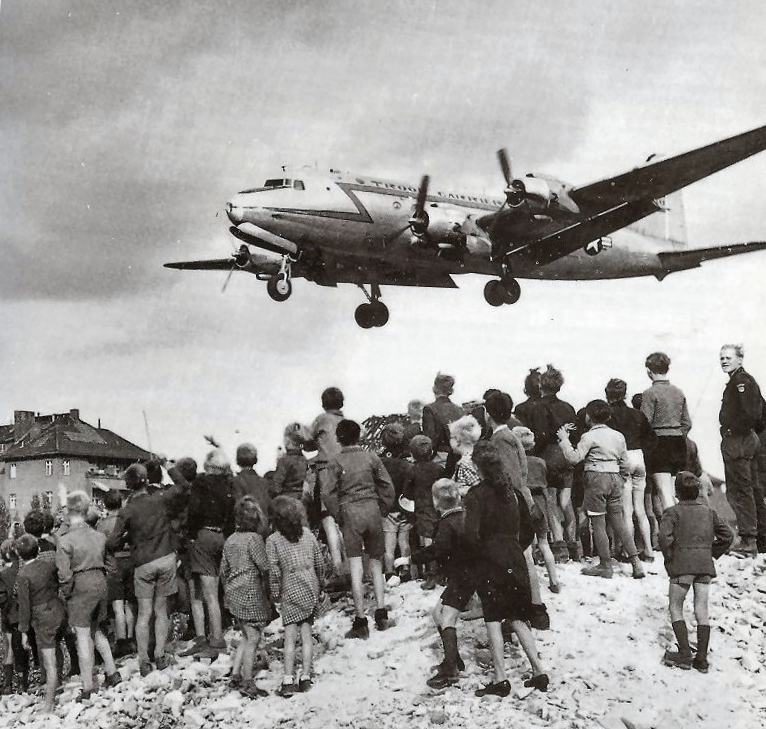After World War II, Germany was divided into four zones of occupation, each controlled by one of the Allied Powers: the United States, Great Britain, France, and the Soviet Union. The western part of Germany was governed by the Western Allies—France, Great Britain, and the United States—while the Soviet Union controlled the eastern part. Tensions between these countries escalated quickly after the war, as the Soviet Union viewed the Western Allies as a threat to its territory in East Germany. On June 24, 1948, the Soviet Union initiated the Berlin Blockade in response to what it perceived as threats from the Western Allies.
The Soviet Union felt threatened by the Western Allies for several reasons. First, the Western Allies supported the idea of rebuilding Germany, which the Soviet Union believed would undermine its influence and control over its designated zone. Additionally, the Western Allies advocated for economic integration in the region and introduced a new currency, the Deutsche Mark, in West Berlin. The Soviets viewed this currency as a direct challenge to their plans for a unified communist area. In response to these perceived threats, they implemented the Berlin Blockade.
The Berlin Blockade cut off all land and water routes to the residents of West Berlin, leaving them without essential supplies, including food, fuel, and electricity. The Soviet Union aimed to pressure the Western Allies into abandoning the city and their new currency reform. This event is considered a significant milestone in the early stages of the Cold War.
The Western Allies reacted to the situation with the Berlin Airlift, a large-scale operation that lasted for an entire year, delivering essential supplies to the people of West Berlin. This airlift showcased the power, determination, and technological advancements of the Western Allies, successfully bringing an end to the Berlin Blockade in 1949. However, it also heightened tensions during the Cold War.

